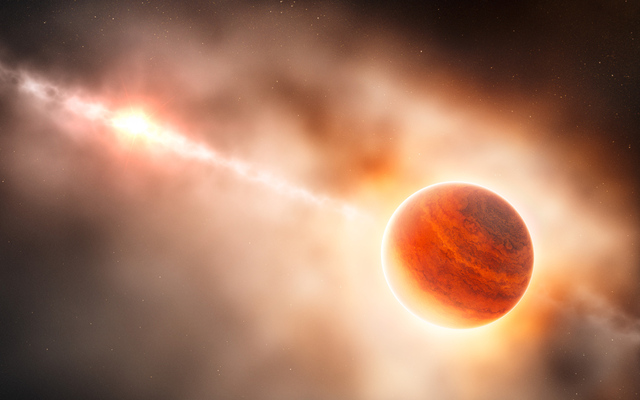Think of the names of newly discovered exoplanets?

For decades, scientists have created names for celestial bodies / space objects. These names are, of course, catalog, something like CFBDSIR2149, HD 189733b, 55 Cancri e, and Kepler-69c. There are names and more difficult. In general, scientists continue to call most of the newly discovered space objects, however, they made an exception for the newly discovered exoplanets. To popularize astronomical science, it was decided to involve ordinary people in the creation of "beautiful" names for exoplanets. And now, any of us can offer our own name, although we need to follow some rules.
For example, the proposed name should not be longer than 16 characters. This should be, in most cases, one word. In addition, the proposed name should sound more or less the same when the speakers read different languages. By itself, the name given by a native speaker of one language should not be an insult / folly for a native speaker of another language.
')
The most important thing: you can not offer proper names, common to pets. You cannot suggest names associated with TM / brands. The planet Samsung or Apple, of course, will be very good at advertising the companies of the same name, but, fortunately, such names are prohibited.
Another rule says that a name that is very similar to an existing one that wears a space object cannot be offered either.
By the way, for naming the two newly discovered satellites, Pluto also attracted the public, and Kerberos and Styx (Cerberus and Styx) were chosen. But the name that won the vote, Vulcan, was rejected by the International Astronomical Community.
If there are many proposals for exoplanets, a vote will also be taken. You can send suggestions to the mail iaupublic@iap.fr (imagine how much spam will be poured at this address). You can read (in English) about the “naming” of the planets in this document (.pdf).
Via IAU
Source: https://habr.com/ru/post/190312/
All Articles